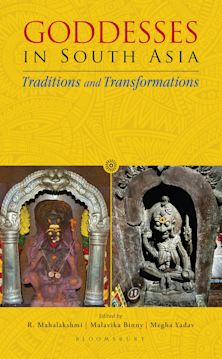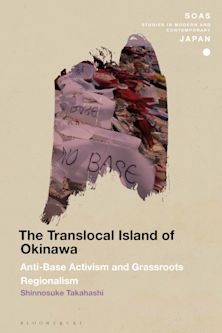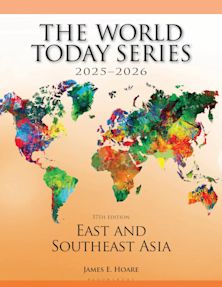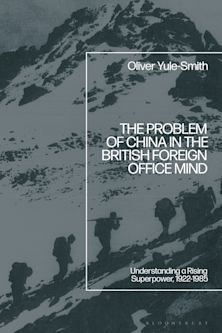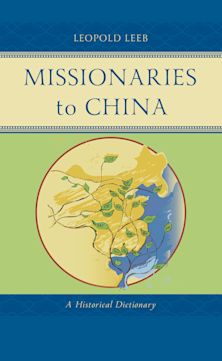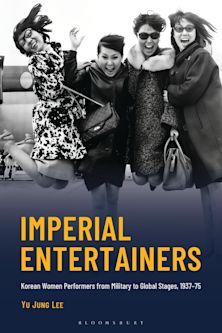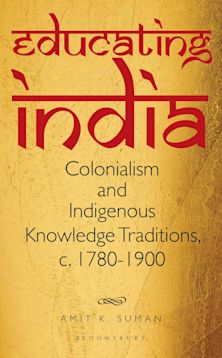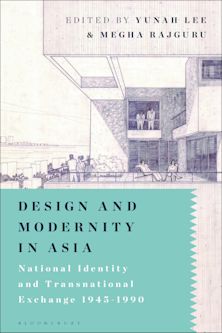Rewriting the Nation in Modern Kazakh Literature
Elites and Narratives
Rewriting the Nation in Modern Kazakh Literature
Elites and Narratives
This product is usually dispatched within 2-4 weeks
- Delivery and returns info
-
Flat rate of $10.00 for shipping anywhere in Australia
Description
*Shortlisted for the 2018 Book Award in Social Sciences of the Central Eurasian Studies Society*
Rewriting the Nation in Modern Kazakh Literature is a book about cultural transformations and trajectories of national imagination in modern Kazakhstan. The book is a much-needed critical introduction and a comprehensive survey of the Kazakh literary production and cultural discourses on the nation in the twentieth and twenty first centuries. In the absence of viable and open forums for discussion and in the turbulent moments of postcolonial and cultural transformation under the Soviets, the Kazakh writers and intellectuals widely engaged with the national identity, heritage and genealogy construction in literature. This active process of national canon construction and its constant re-writing throughout the twentieth century will inform the readers of the complex processes of cultural transformations in forms, genres and texts as well as demonstrating the genealogical development of the national narrative. The main focus of this book is on the cultural production of the nation. The focus is on the narratives of historical continuities produced in the literature and cultural discontinuities and inter-elite competition which inform such production.
The development of Kazakh literary production is an extremely interesting yet underrepresented field of study. Since the late nineteenth century it saw a rapid transformation from the traditional oral to print literature. This brought an unprecedented shift in genres and texts production as well as a rapid growth of the ‘writing’ class – urban colonial and first generations of Soviet intelligentsia. Kazakh literary production became the flagman of republic’s rapid cultural modernization and prior to the World War II local publishing industry produced up to 6 million print copies a year. By the 1960s and 1970s – the golden era of Kazakh literature, the most read literary journal Juldyz sold 50,000 copies all over the country. Literature became the mass provider of knowledge about the past, the present and of the future of the country. Because “Kazakh readers were hungry to find out about their pre-Soviet past and its national glory” national writers competed in genres, styles and ways to write out the nation in prose, poems, essays and historical novels.
Table of Contents
Chapter 2: Self-Orientalization and Re-writing the Narrative
Chapter 3: The Formation of Soviet-Kazakh Literature Canons
Chapter 4: Mukhtar Auezov's Abai Zholy and the Encyclopedia of the Kazakh Nation
Chapter 5: Nomads/Koshpendiler and the Re-Discovery of the Past: Canonizing Nomadism
Chapter 6: Mukhtar Magauin's Cultural Archaeology in Soviet and post-Soviet Kazakhstan's National History and Literature
Chapter 7: Internationalism, Postcolonialism and Kazakh Soviet Literature in the 1960s and 1980s: Anuar Alimzhanov, Satimzhan Sanbayev, and Murat Auezov
Chapter 8: Olzhas Suleimenov and the Un-Bounded Imagination of the Past
Chapter 9: December 1986 and the National Imagination in the Post-Independent Era
Chapter 10: Timeless and Post-National: Gerold Belger's narration on Kazakhstan
Product details
| Published | 03 Feb 2017 |
|---|---|
| Format | Hardback |
| Edition | 1st |
| Extent | 258 |
| ISBN | 9781498528290 |
| Imprint | Lexington Books |
| Illustrations | 10 b/w photos; 1 tables; |
| Dimensions | 238 x 158 mm |
| Series | Contemporary Central Asia: Societies, Politics, and Cultures |
| Publisher | Bloomsbury Publishing |
Reviews

ONLINE RESOURCES
Bloomsbury Collections
This book is available on Bloomsbury Collections where your library has access.













